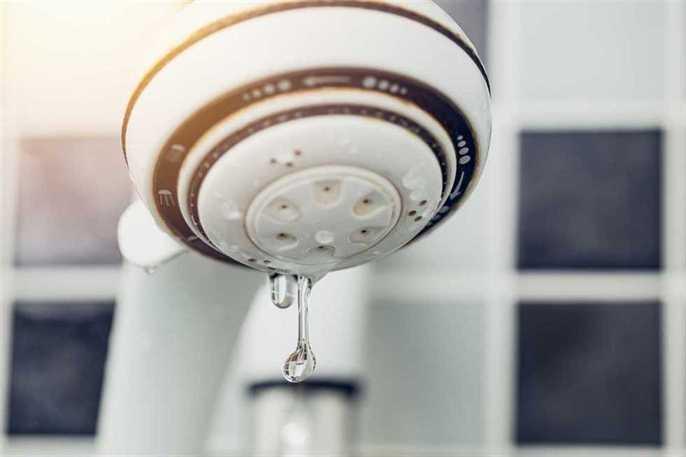
A modern day horror story: You just got home from a long day of work. You’re getting ready to relax – what better way than to take a shower? Excitedly, you turn the shower on, only to hear a low rumble, and then – a weak trickle of water comes limping out the shower head. The pressure’s all wrong; your enjoyable evening shower became a pitiful dribble. What’s happening, and why?
There are all kinds of different causes for low water pressure in a home. The first thing you want to do is verify that it’s systemic low pressure, and not just a problem with certain fixtures. Your shower head might just need a good soak, or a faucet’s aerator might be malfunctioning. Check all the fixtures; if pressure is low everywhere, it’s a systemic issue.
Fortunately, there are many cases in which low water pressure is being caused by valves that haven’t been turned on properly. The classic example is when the water’s shut-off valve hasn’t been fully opened; all you need to do is turn it all the way open, and you may see a drastic increase in water pressure. There are usually two such valves (one is near your water meter). If twisting that one doesn’t fix things, you can check with the city about their other water valve.
You might also find some success in adjusting the water pressure regulator. You should do this with an abundance of caution, however; water pressure is being reduced for a reason, and you don’t want overly pressurized water blasting through your pipes. Though you might be comfortable doing this yourself, it may be best to call a plumber; the regulator itself might be in disrepair and need replacing.
Most of the other water pressure-related problems aren’t things you can solve on your own; they’re problems with your plumbing. These problems can range from main line clogs (caused by tree roots and the like) to corrosion in the pipes. You might also have a leaky pipe. There are a number of ways of identifying leaks – skyrocketing water bills, a damp smell, the sound of trickling water, and more. Once you’ve found a leak, however, you’re almost certainly going to need a plumber anyway, so it may be best just to call right away if you’ve followed the troubleshooting steps outlined above.
If you’re experiencing low water pressure and you can’t figure out why, give Clean line a call. We can help you out a bit with the easier stuff we talked about (like finding your water main valve), and we can help you out a lot if blockages, leaks, or other plumbing problems are at the root (no pun intended) of the low pressure.
